Party and Political Work of Vietnamese Volunteer Soldiers and Advisories on Int'l Missions in Laos - Part 1
Overcome difficulties, ready to complete all assigned tasks
| HCM City Congratulates Laos’ National Day | |
| Dien Bien, Laos’ Phongsaly Conduct Bilateral Survey, Talks |
On October 30, 1949, the Central Committee of the Indochinese Communist Party decided: "From now, the Vietnamese Army forces operating in Laos will be organized according to the separate system of the Vietnamese Army and will be called Volunteer Soldiers." This is an important historical milestone, marking the development and maturity of the Vietnamese military forces on the Lao battlefield; affirming the correct guideline and viewpoint of the Communist Party of Vietnam in carrying out the noble international mission. With that meaning, October 30, 1949, has been designated as the Foundation Day of Vietnamese Volunteers Soldiers and Military Advisors in Laos.
Vietnamese volunteer soldiers and military advisors serving in Laos represent a rare and exemplary model in the history of international relations. President Ho Chi Minh affirmed: "We consider the happiness and prosperity of our Lao brothers as our own." Embracing the spirit of proletarian internationalism and President Ho Chi Minh's words that "helping the people of a friend country means helping ourselves," Vietnamese volunteer soldiers and military advisors in Laos have made significant contributions to the success of both nations' revolutions across different historical periods. Notably, between 1950 and 1954, the Vietnamese and Lao revolutions coordinated combat efforts and organized numerous battles and major campaigns, creating pivotal moments in the resistance war. Key campaigns during this period included the first Upper Laos Campaign (April 13 - May 3, 1953), the Central Laos Campaign (November 1953), the second Upper Laos Campaign (January 29 - February 13, 1954), and the Lower Laos Campaign (April 1954). These campaigns set the stage for the Vietnamese army and people to launch a successful attack on the Dien Bien Phu stronghold complex.
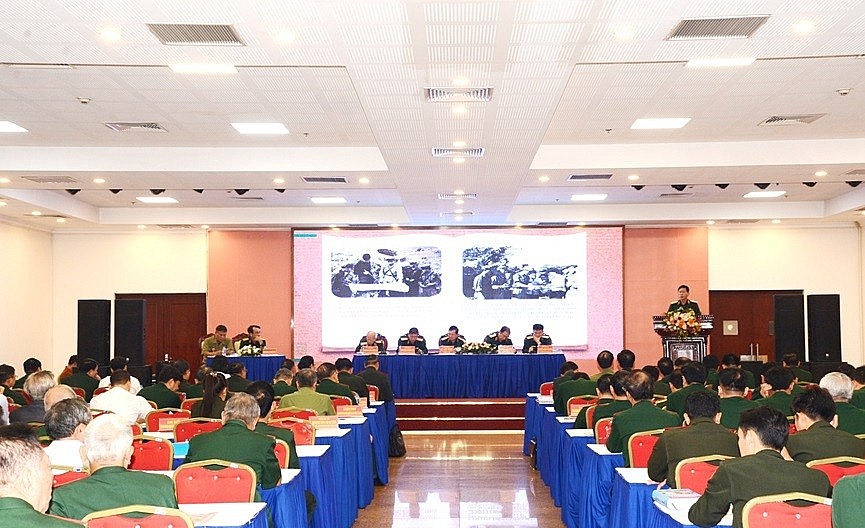 |
| At the seminar "Contribution of Vietnam’s volunteer soldiers and military advisors to the Lao revolution – Historical Significance and Lessons Learned," held on October 25 in Hanoi (Photo: Phong Nhu). |
From July 1954, following an agreement with the Lao Resistance Government and the Ministry of Defense to provide assistance in the new situation, the Party advocated for the implementation of a military advisory system to aid Laos. The Party Central Committee established a separate advisory regime from the Volunteer Soldiers system, operating at three levels: the Ministry of Defense, the Military Political School, and units and localities. In May 1959, the US imperialists officially launched the "Special War" strategy in Laos. In response to the urgent revolutionary needs, on July 6, 1959, the Party Central Committee established the Committee on Laos Affairs, led by General Vo Giap. Building on the achievements of Military Advisory Group 100 (July 1954 - January 1985), Military Advisory Group 959 was established on September 12, 1959, to operate in Laos and provide significant assistance. Notably, the advisors helped Laos build political bases, consolidate armed forces and revolutionary bases, and develop a people's war to meet the requirements of resistance. They also assisted in training armed forces, strengthening political work, party building, and developing a cadre capable of undertaking the tasks of the Lao revolution. Fighting side by side with the Lao army and people, they gradually overcame the war efforts of French colonialism and American imperialism. Additionally, they supported the construction of the Lao battlefield to coordinate with other battlefields, contributing to the common victory of the revolutions in Vietnam, Laos, and Cambodia.
Vietnamese volunteer soldiers and military advisors on international missions in Laos have achieved results of great historical significance. This success is due to several factors. Besides the timely and correct leadership of the Party, President Ho Chi Minh, the Central Military Commission, and the Ministry of National Defense, the Party's and political work among these soldiers and advisors have played a crucial role. This work thoroughly embraced the Party's political and military lines, preserved and promoted revolutionary traditions and values, and enhanced political awareness, national and class spirit, and true patriotism combined with proletarian internationalism. It closely integrated ideological, organizational, and policy work, following the combat and work life of Vietnamese volunteers and military advisors in Laos under all conditions and circumstances. It effectively identified and resolved practical issues, encouraged and promoted positive behaviors and exemplary actions, and resolutely combated negative and complex aspects in both ideology and actions. As a result, the Party and political work among Vietnamese volunteer soldiers and military advisors on international missions in Laos has achieved numerous important outcomes, significantly contributing to the successful completion of their international missions.
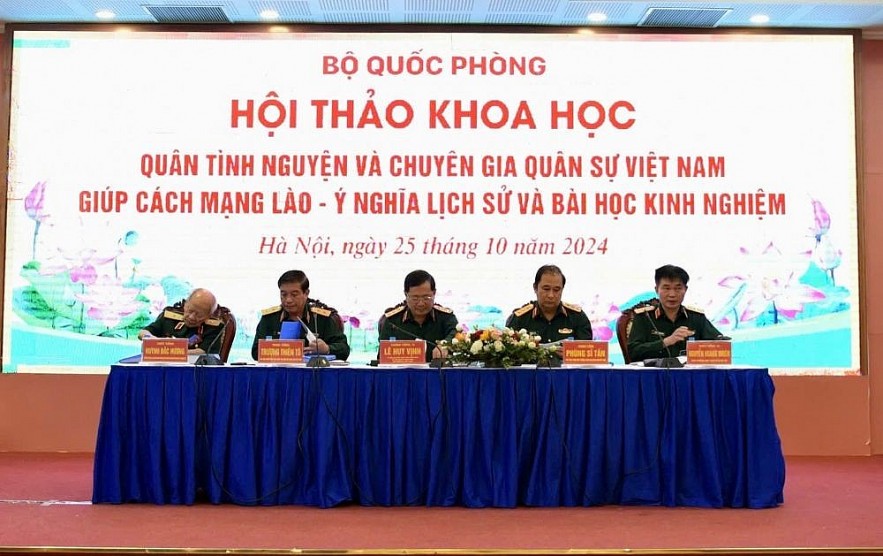 |
| At the seminar "Contribution of Vietnam’s volunteer soldiers and military advisors to the Lao revolution – Historical Significance and Lessons Learned," held on October 25 in Hanoi (Photo: Phong Nhu). |
First, political and ideological education was effectively conducted to motivate Vietnamese volunteer soldiers and military advisors on international missions in Laos to overcome difficulties and be ready to complete all assigned tasks.
This was crucial for continuously raising awareness, political enlightenment, and revolutionary vigilance among organizations and forces within the armed forces and local populations, both domestically and in Laos. This created a consensus on the awareness and responsibility of all parties involved in the mission to fight against the common enemy of the two countries, clearly understanding the nature of the mission of the Vietnamese volunteer army and military experts in Laos.
To carry out Party and political work effectively, Party committees and organizations at all levels, along with commanders in the volunteer army and military experts in Laos, closely integrated ideological work with organizational activities. They combined Class Enlightenment education with national education, promoted pure patriotism and the international spirit of the working class, strengthened internal solidarity and solidarity between the army and the people, and combined political education with military training. They also organized emulation activities to ensure the best completion of all tasks. For example, during the Upper Laos campaign from April 13 to May 3, 1953, the volunteer troops in Laos launched a wide-ranging political activity to thoroughly grasp and implement President Ho Chi Minh's "Letter to our army units on duty in Upper Laos" and initiated an emulation campaign with key objectives: overcoming all difficulties, competing to destroy the enemy, fighting bravely, upholding the spirit of internationalism, respecting sovereignty, customs, and practices, loving the people of the neighboring country, maintaining discipline, and preserving the reputation of the Vietnam People's Army. This motivated the volunteer troops to strive to complete their tasks and receive Uncle Ho's award.
Additionally, the organizations of the Vietnamese volunteer army and military experts in Laos focused on training and military reorganization campaigns, organizing information and propaganda on current events, policies on mass mobilization, ethnicity, religion, newly liberated areas, civilian workers, war invalids and martyrs, enemy mobilization, and prisoners of war. They consolidated ideological stances, ensuring compliance with policies and guidelines, maintaining discipline, and fostering good solidarity. They strengthened propaganda, agitation, emulation, and reward work, closely combining theory with practice and using practical examples to educate and resolve ideological situations. The results showed that ideological work was carried out promptly and continuously by Party committees and commanders at all levels in the volunteer army, closely following the practical activities of the troops, significantly improving the effectiveness of political and ideological work.
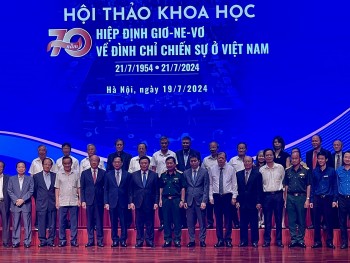 | Geneva Agreement - Valuable Handbook on Foreign Affairs Historical lessons from the process of negotiating, signing and implementing the 1954 Geneva Agreement contributes to research, building and perfecting the theoretical basis and methodology ... |
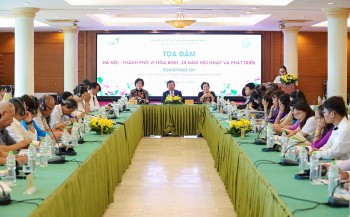 | Hanoi Inspires Other Cities to Pursue The Path of Peace Hanoi inspires other cities around the world to pursue the path of peace and development, said Jane Runkat, Charge d'Affaires of the Republic of Indonesia ... |
Recommended
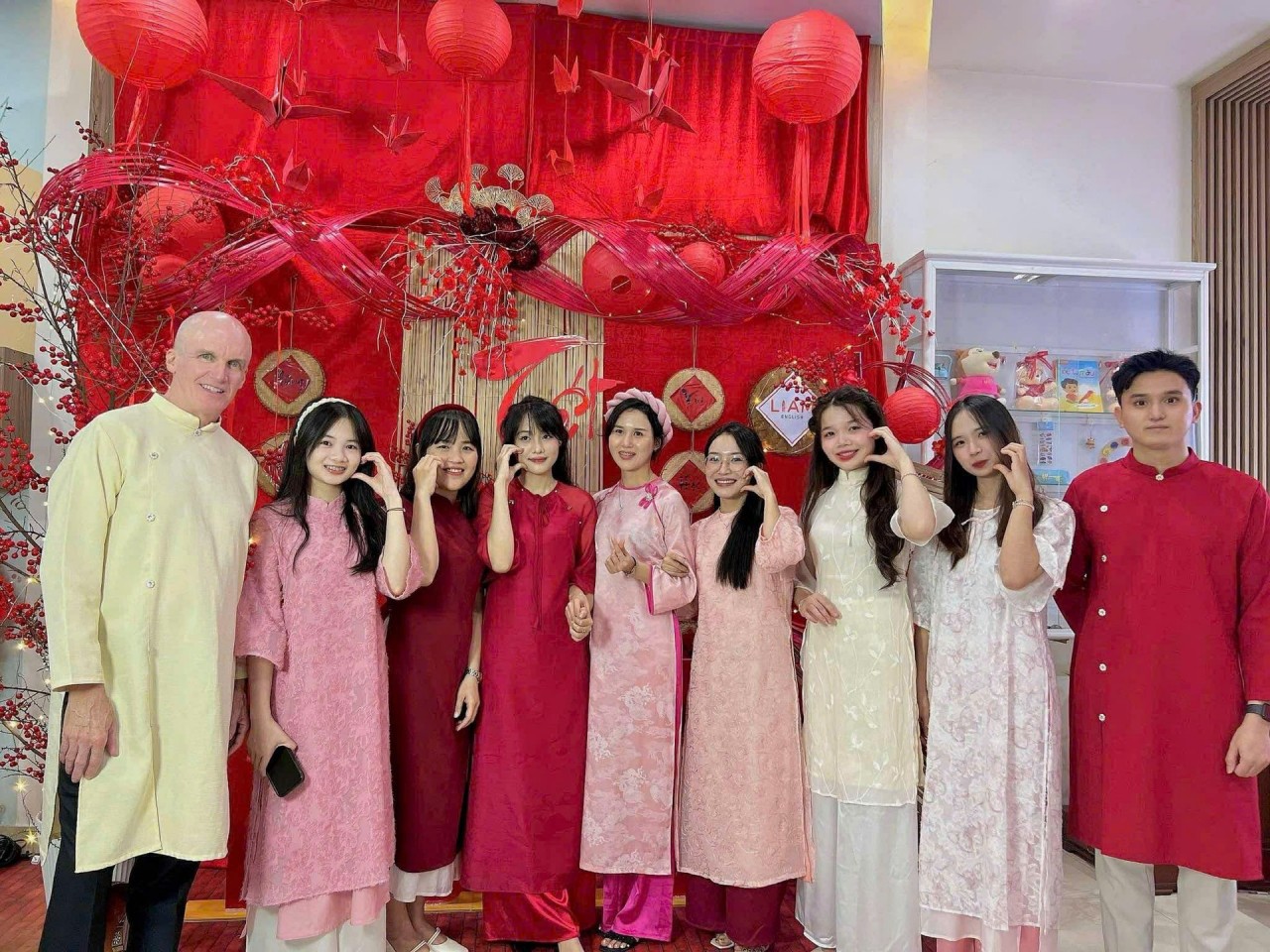 Expats in Vietnam
Expats in Vietnam
Vietnamese Tet - Where “Friends from Afar” Find a Sense of Belonging
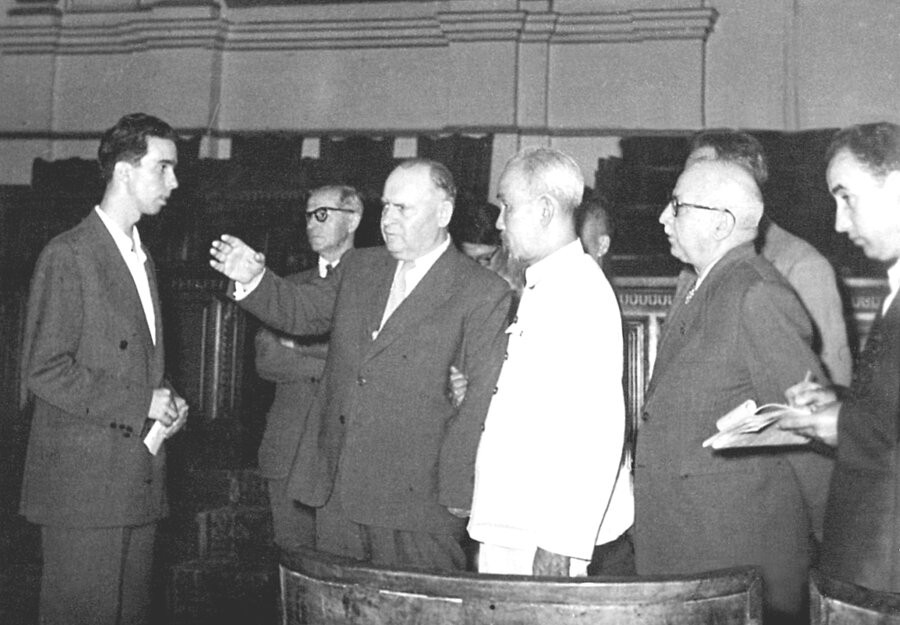 Viet's Home
Viet's Home
Ho Chi Minh’s Legacy in the Land of Roses - Bulgaria
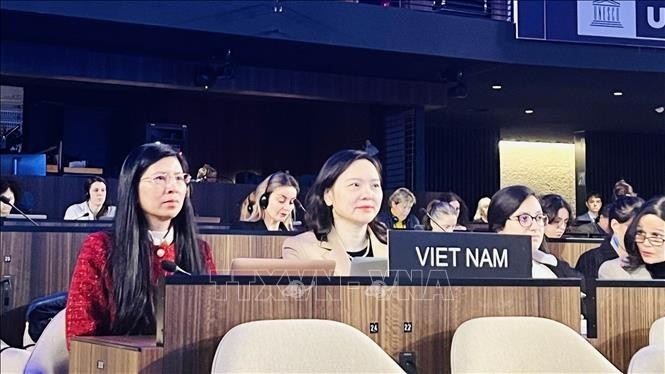 Viet's Home
Viet's Home
Vietnam Continues to Work with UNESCO to Safeguard Cultural Diversity in the Digital Era
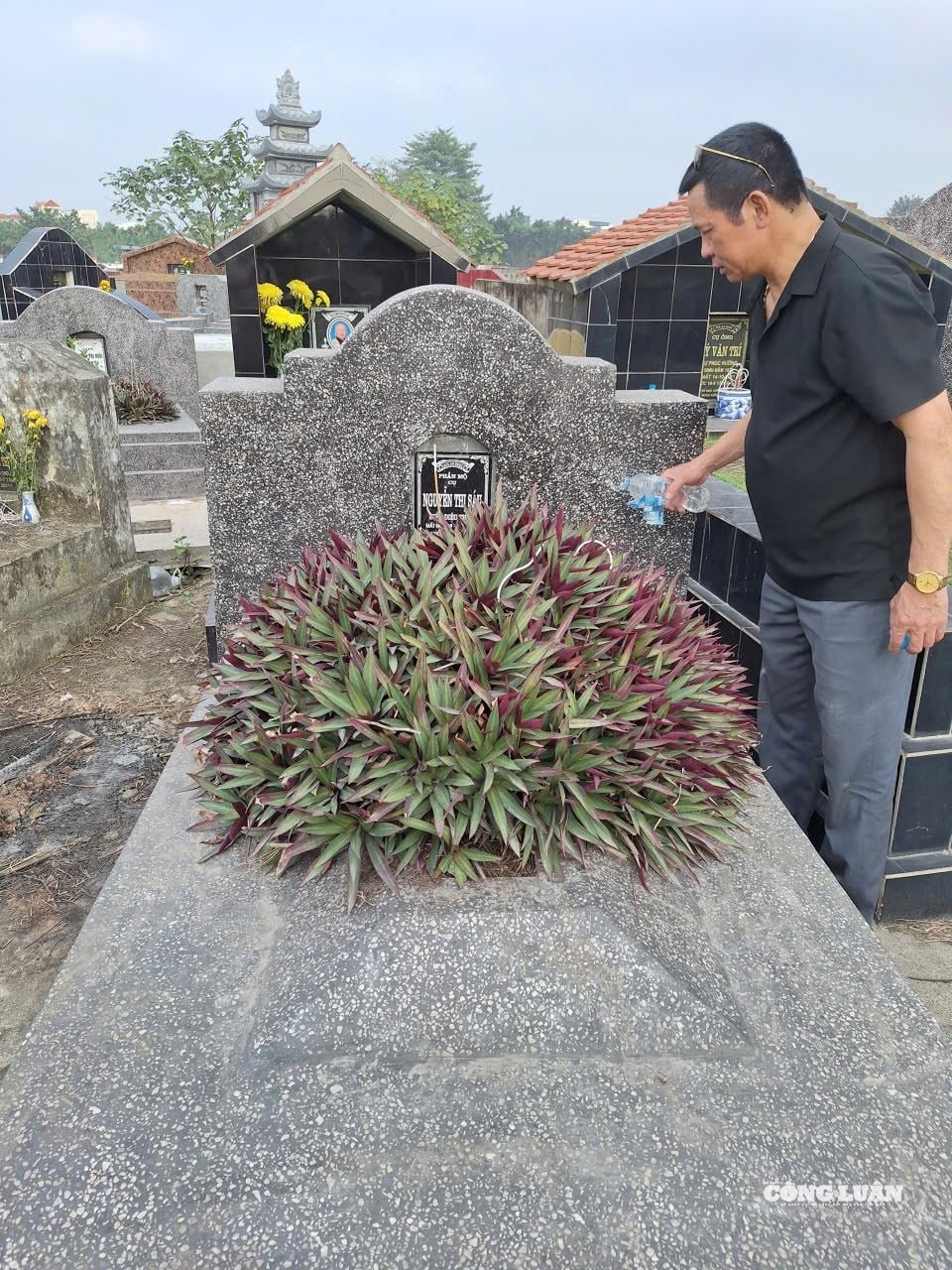 Viet's Home
Viet's Home
Inviting Ancestors Home for Tet
Popular article
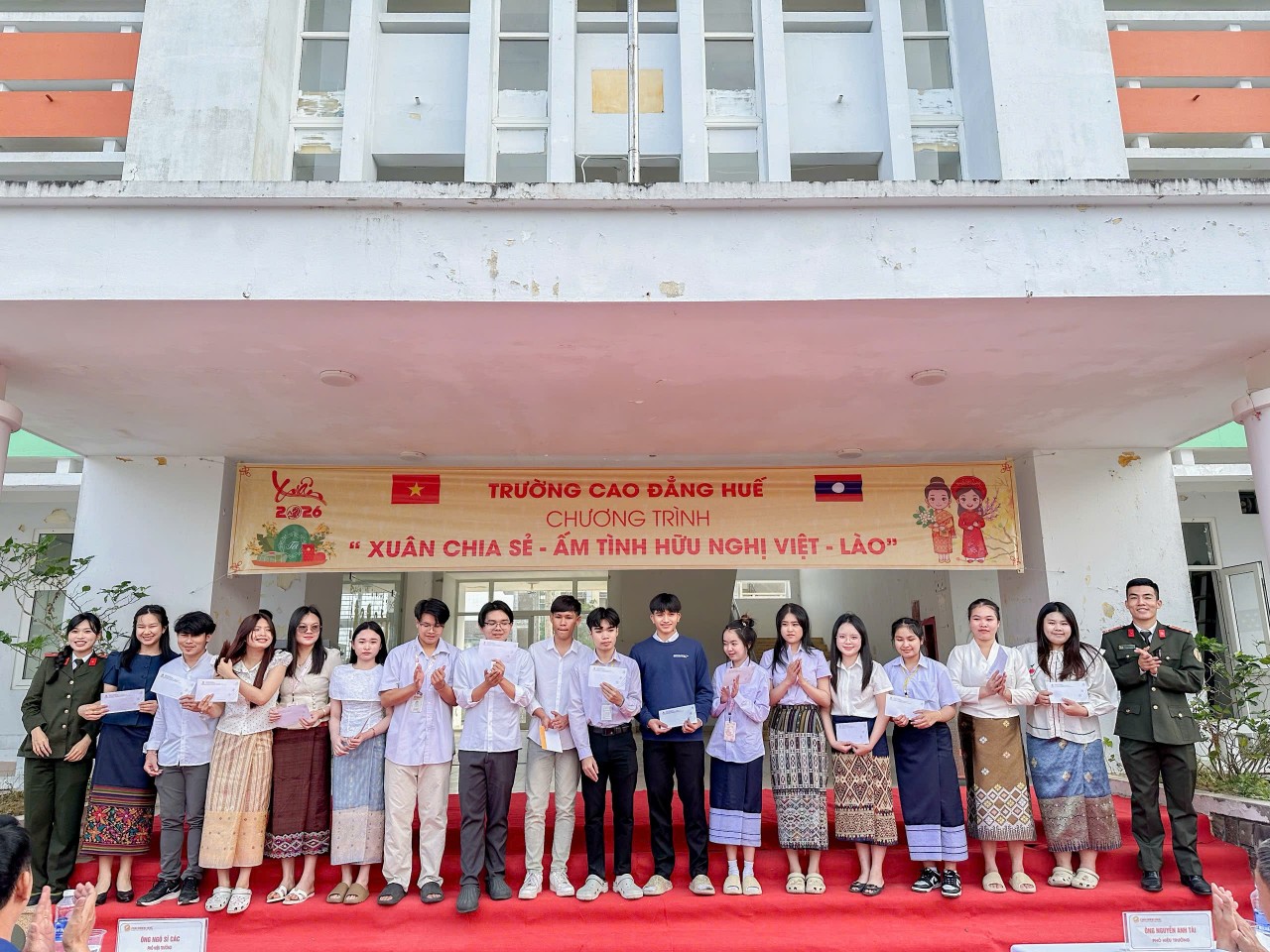 Viet's Home
Viet's Home
Universities In Vietnam Organize Tet Activities For International Students
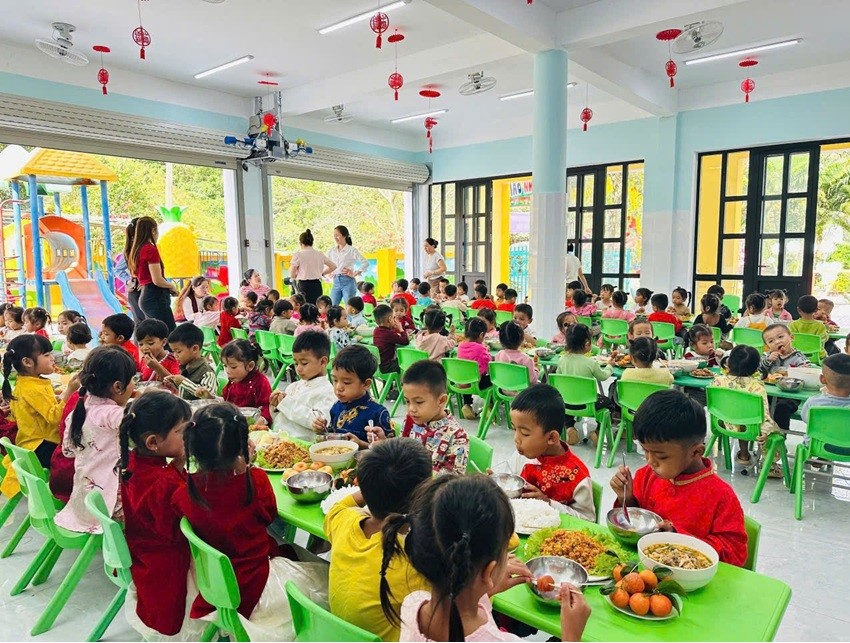 Viet's Home
Viet's Home
Zhi Shan Foundation Sent Tet gifts to Over 3,000 Children in Mountainous Region of Quang Tri
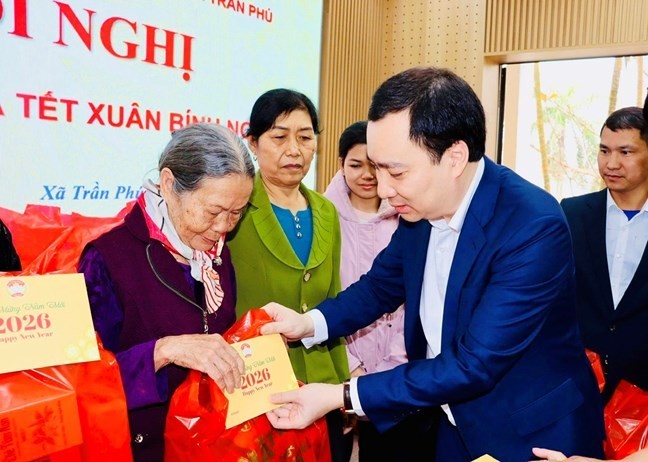 Viet's Home
Viet's Home
Hai Phong Brings Lunar New Year Gifts to Disadvantaged Families in Tran Phu Commune
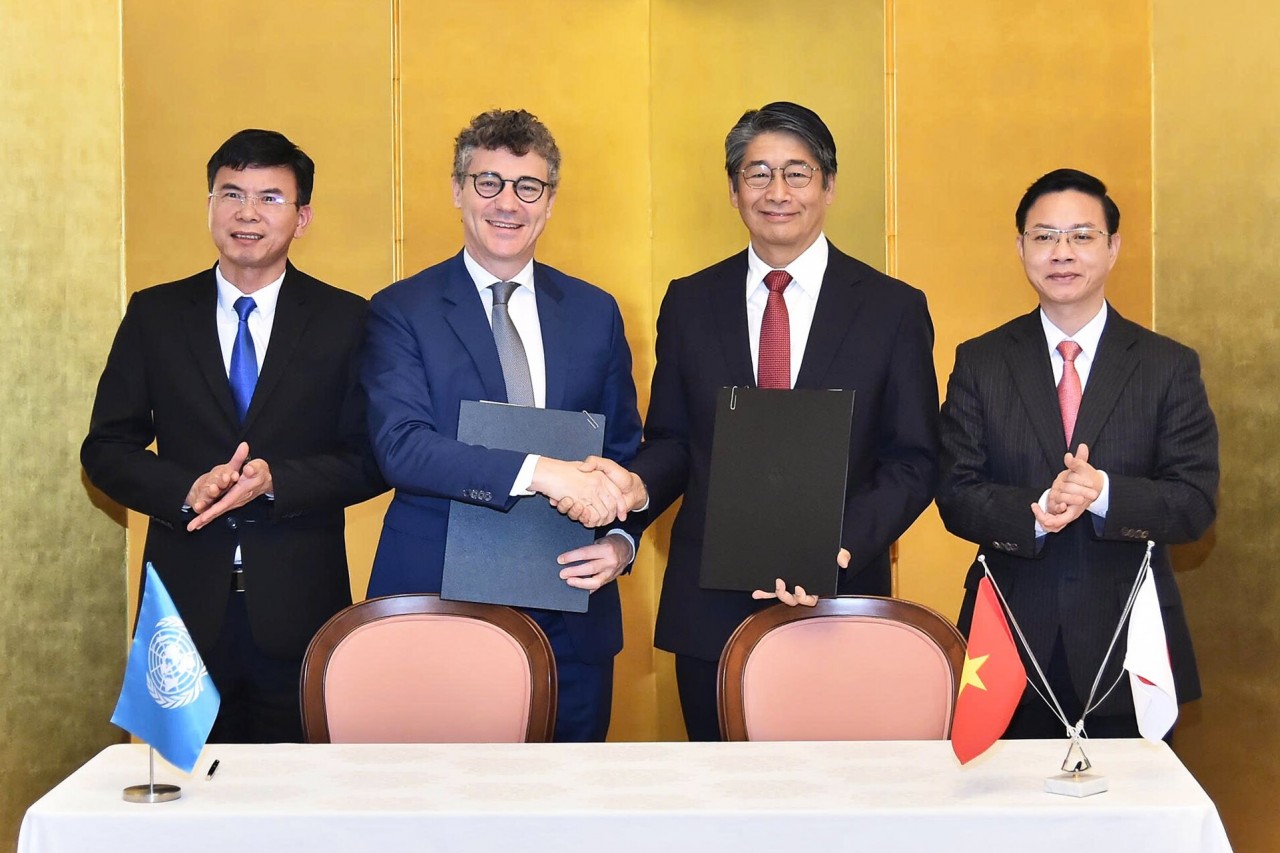 Viet's Home
Viet's Home



